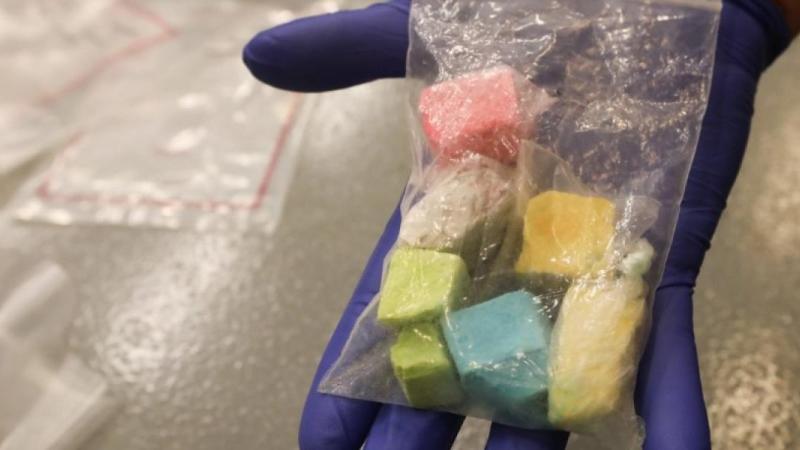Writing code to flip votes 'very easy to do' but 'hard to stop,' programmer warns Arizona Senate
"Don't use machines, because you can never, ever trust them to give you a fair election," Clinton Eugene Curtis said.
A computer programmer testified this week to an Arizona Senate committee that voting machines are susceptible to manipulation as the panel seeks to require that voting machine components are made in the U.S. and that the source code for the machines used in the state is available to government officials.
Attorney and computer programmer Clinton Eugene Curtis told the Arizona Senate Election Committee Monday that there are multiple ways voting machines can be hacked to change election results.
Curtis, a Democrat, began his presentation with a video clip of him testifying before Congress following the 2004 presidential election about how he believed that the election in Ohio was hacked.
In the video, Curtis explained that in 2000, at the request of a Florida politician, he created a program that "would flip the votes 51-49 to whoever you wanted it to go to and whichever race you wanted to win." He added that elections officials wouldn't be able to detect such a program.
Testifying before the Arizona Senate, Curtis said that flipping votes is "very easy to do" but "hard to stop." The only way to stop it is by not using machines, he explained.
"Don't use machines, because you can never, ever trust them to give you a fair election," Curtis warned. "There are too many ways to hack them. You can hack them at the level that I did when you first build them, you can hack them from the outside, you can hack them with programs that load themselves on the side. It's impossible to secure them.
"You will never beat the programmer. The programmer always owns the universe. And as long as you have machines — I don't care which company — as long as you have machines, they are vulnerable to this."
A losing candidate can win "not because he got more votes, but because twenty-four lines of code can change it, and there's nothing you can do," said Curtis. "You can't catch it. You can't find it. It can be a separate module, and it can erase itself right after it does it. And there's nothing you can do to stop it — nothing. It's impossible."
There isn't currently evidence proving that machines have flipped votes in the U.S.
Following Curtis' presentation, the Arizona Senate Election Committee approved an amendment to Senate Bill 1074 to require that electronic ballot tabulation machines have all parts "manufactured in the United States," according to the text of the amendment.
"The voting machine systems in Arizona contain components that are manufactured and assembled or tested in foreign nations such as China which pose a direct threat to the United States," Senate Majority Leader Sonny Borrelli said Monday.
Borrelli said he considers it "a national security issue ... if we can have foreign actors being involved in the manufacturing or even manipulating the system."
Many microchips, which are used in voting equipment, are made in China and Taiwan.
The U.S. doesn't have the supply chain needed to ensure all voting equipment components are manufactured domestically, Arizona Association of Counties Executive Director Jennifer Marson testified at the hearing.
"All of our tabulation equipment is assembled in the United States already," Marson said, "but to have it all be manufactured here, there currently does not exist a supply chain that can accomplish that.
"Whether you're talking about electronics or plastic or whatever other thing might be part of any of that equipment, that is not all available to get here in the United States, so we're concerned if this bill were to be signed as is, there is no way we would be able to comply."
The amendment passed by the committee also requires source code for the electronic equipment to be "submitted to and maintained on file by the auditor general" and that it be made available upon request to the state legislature, elections officials, and superior courts. Currently, source codes for the equipment are not open source or publicly available for inspection.
Arizona state Sen. Wendy Rogers, who chairs the committee, told the "War Room" TV show on Tuesday that the intent behind Senate Bill 1074 is for the state to "not hav[e] machines anymore, and if we were to have machines, they would have to ascribe to the highest DOD-level standards."
The Arizona Senate Election Committee is focusing on state election integrity measures following the 2022 midterm election, in which at least 70 vote centers in Maricopa County — almost a third of the total — had voting machine problems on Election Day.
GOP gubernatorial nominee Kari Lake argues in a lawsuit pending in a state appellate court that the machine problems effectively disenfranchised thousands of disproportionately Republican Election Day voters.
















